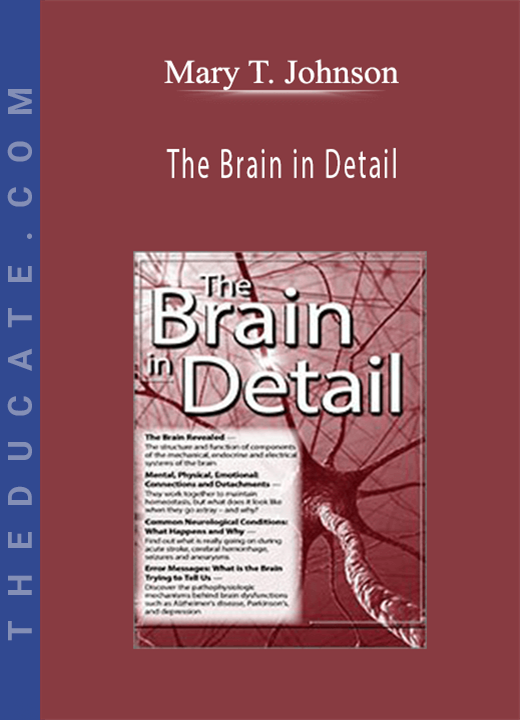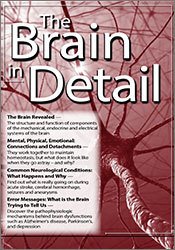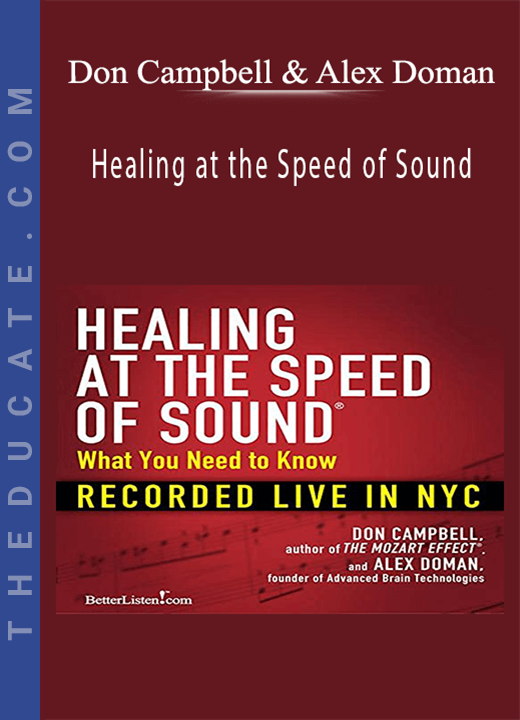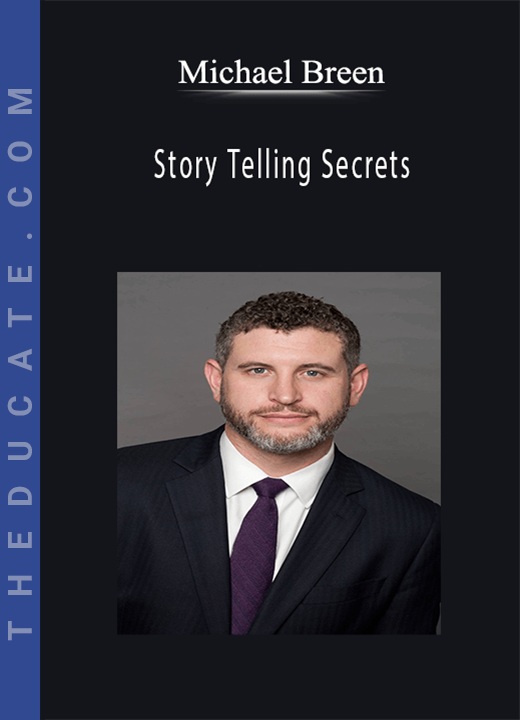Description
Mary T. Johnson – The Brain in Detail
- Faculty:
- Mary T. Johnson
- Duration:
- Full Day
- Format:
- Audio and Video
- Copyright:
- Feb 25, 2016
Description
The Brain Revealed — The structure and function of components of the mechanical, endocrine and electrical systems of the brain
Mental, Physical, Emotional: Connections and Detachments — They work together to maintain homeostasis, but what does it look like when they go astray – and why?
Common Neurological Conditions: What Happens and Why — Find out what is really going on during acute stroke, cerebral hemorrhage, seizures and aneurysms
Error Messages: What is the Brain Trying to Tell Us — Discover the pathophysiologic mechanisms behind brain dysfunctions such as Alzheimer’s disease, Parkinson’s, and depression
- Did you know that there may be permanent damage to the brain during TIA?
- Or, wonder what exactly your neuro checks assess?
- Or, become intimidated by caring for patients with neurological problems?
If you have a hard time explaining to your patients about why their heart disease is a risk factor for stroke, or how shrugging their shoulders and sticking out their tongues assesses their brain function, or what to watch for as signs of adverse effects of medications, then you need to go back to the basics with the help of a program that can make the information easy and understandable.
Most of us learned our anatomy, physiology, and pathophysiology in school, where we were focused primarily on passing the class. We memorized, we studied, but we quickly forgot.
You learn differently now. With years of experience, your brain has learned to classify your professional information into “file folders” based on your clinical experiences. Now, when you go back to learn these concepts, your brain will put the information into the correct “folder” to use the next time you encounter a patient with that problem. In other words, you will retain the information now that you have a way to organize it.
Attend this program and gain the essential concepts of neurological anatomy, physiology, and pathophysiology that will help you find patient complications faster and respond to them more appropriately. In addition:
- You will communicate more effectively with physicians and your peers
- You will feel more confident
- You will provide safer and more effective care
You don’t want to miss this exciting and applicable program to help improve outcomes and take your healthcare practice to the next level!
Handouts
| Webcast Manual (3.15 MB) | Available after Purchase |
Outline
The Brain Revealed — The structure and function of components of the mechanical, endocrine and electrical systems of the brain
- Anatomy
- Life of a neuron
- Brain structure
- Spinal cord
- Peripheral Nervous System
- Autonomic Nervous System
- Aging and the Nervous System
- Assessment
- Cranial Nerves
- Motor Function
- DTRs
- Levels of Consciousness
- Intracranial Pressure
- Diagnostic Tests
- Lumbar Puncture
- CAT/MRI
- Angiogram
- EEG
Mental, Physical, Emotional: Connections and Detachments — They work together to maintain homeostasis; but what does it look like when they go astray – and why?
- Spinal Disorders
- Herniated Disc
- Spinal Stenosis
- Spinal Cord Injury
- Degenerative Neuromuscular Disorders
- Huntington’s Chorea
- Multiple Sclerosis
- Myasthenia Gravis
- Amytropic Lateral Sclerosis
- Guillain-Barré Syndrome
- Cranial Nerve Disorders
- Trigeminal Neuralgia
- Bell’s Palsy
- Ménière’s Disease
Common Neurological Conditions: What Happens and Why
- Central Nervous System Disorders
- Headaches
- Cerebral Vascular Disorders:
- TIA
- Stroke
- Aneurysms
- Seizure Disorders
- Traumatic Brain Injuries
- Brain Tumors
- Effects of Alcohol and Alcoholism on the Brain
Error Messages: What is the Brain Trying to Tell Us?
- Dementias
- Parkinson’s Disease
- Depression
Faculty
Mary T. Johnson Related seminars and products: 1
Mary T. Johnson, RN, MS, has 39 years’ experience as an RN; 33 of those years as a Geriatric CNS, and she currently teaches at the University of Michigan in the RN-to-BSN program. Prior to this position, she was director of nurses at Rivers Edge Hospital in St. Peter, Minnesota. Mary has given numerous presentations on Gastrointestinal Disorders, as well as on Health Assessment, Neurologic Disorders, Psychotropic Medications and Dementia. She has taught nursing at Minnesota State University, The University of Louisville, Spalding University and at Illinois State University.
In addition, Mary was a case manager and a nurse educator at the Veterans Affairs Medical Center in Louisville, Kentucky. She is an active member of Sigma Theta Tau International, the honor society of nursing. Mary has a passion for education and shares the wealth of knowledge she has gained throughout her years of experience.
Disclosures:
Financial: Mary T. Johnson receives a speaking honorarium from PESI, Inc.
Nonfinancial: Mary T. Johnson has no relevant nonfinancial relationship to disclose.







11 reviews for The Brain in Detail – Mary T. Johnson
There are no reviews yet.